Have you heard about Feng Shui? What is Feng Shui? Have you wanted to try it out in your home but didn’t know where to start? Feng Shui is an ancient Chinese design philosophy centered on balancing the energy in your home.
The word Feng translates roughly to wind and Shui translates to water – two of the principal elements. In the Chinese culture, wind and water are both associated with good health and the term Feng Shui has come to mean the design of space to ensure good fortune.
Feng Shui is rooted in the Taoist beliefs around chi or energy. When the energy in a space is balanced, harmony ensues. Today we are just dipping our toes into this philosophy. It is something that I have wanted to learn more about and by no means am I a Feng Shui expert.
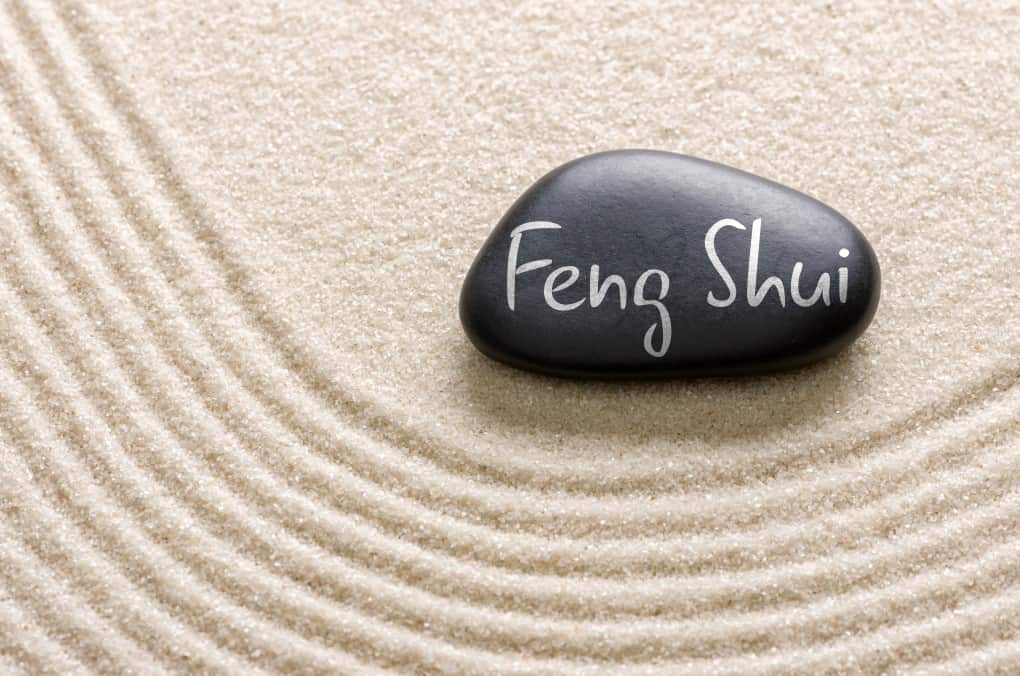
To learn more about Feng Shui beyond this post I recommend learning from Feng Shui masters to find good Feng Shui techniques that will work well in your home. This will help you gain positive energy in your home and have you living in harmony.
May I recommend any of these books to learn more.
Helpful Items for This Post
This post contains affiliate links. As an Amazon Associate, I earn a small portion from qualifying purchases at no extra charge for you.
Clear Your Clutter With Feng Shui
What is the Principle of Feng Shui?
The main principle of Feng Shui is that how we orient the objects and people in our environments affects how energy enters and flows through the room. That energy flow affects every interaction we have – positively and negatively.
So if you want to change how your life is going, you need to change how the energy flows in the rooms you spend the most time in. It makes a lot of intuitive sense when you think about it.
We have always chosen where we live based on natural features. This is true when looking at farmland adjacent to rivers. They have always been more valuable and sought after. Fortresses were built on hills to take advantage of the greater sightlines – to see enemies coming.
Feng Shui is heavily rooted in the elements –Wood, Fire, Earth, Metal, and Water. Every object fits into one of these elemental categories. For example, glass represents the water element. Paper is made from trees – so would be part of the wood elemental family.
Each element has corresponding colors as well:
Water: dark blue, black
Fire: red, bright / deep yellow, pink, purple, orange
Metal: grey, white
Wood: deep brown, green, light blue
Earth: light yellow, sandy / light brown, beige.
Two of the most important rooms in most homes are the bedroom and the office so I’m going to look at each of those in terms of Feng Shui.
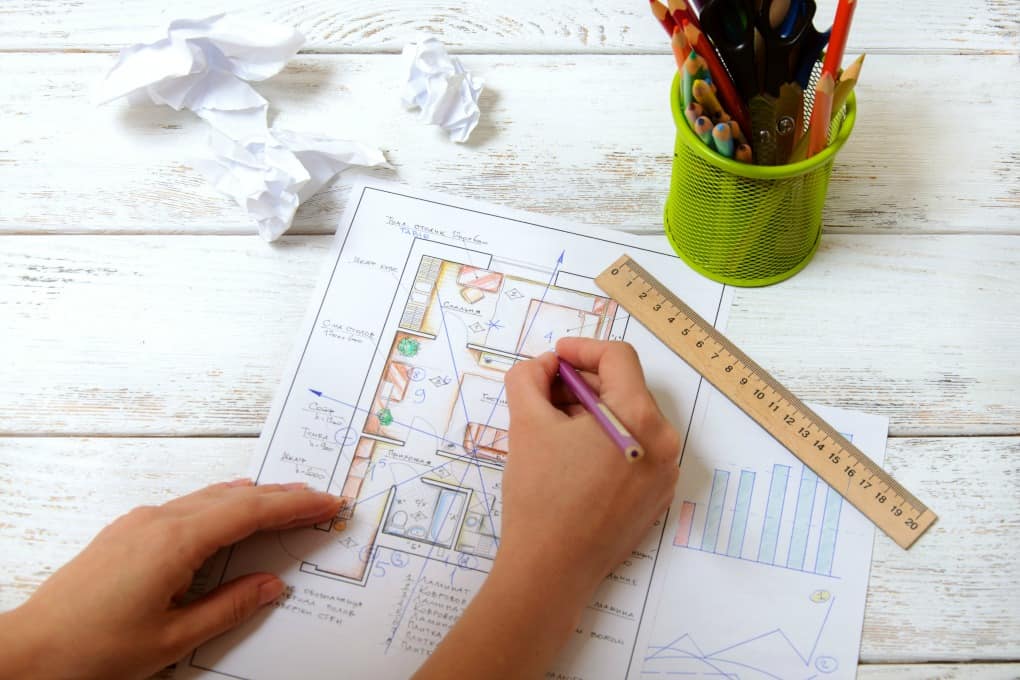
What is the Best Feng Shui Color for an Office?
In part, this depends on what your goals are. If you’re just starting out or trying to expand, you will do best with wood colors (greens and light to medium blue).
If you’re trying to project an air of authority and control, use fire colors (red, pink, purple, orange, and deep yellow).
Working in a creative roll you can use water colors (dark blue and black) which can help your ideas flow. If you’re looking for stability, tap into earth colors such as beige and light yellow.
Metal colors (grey and white) are often used in offices as they represent planning and organization. But too much metal can stifle creativity and make people feel anxious and boxed in so use accents from the other elemental families to help balance the office.
If your walls are white, you should choose a desk made of wood instead of metal to help the energy flow. You should try not to have your back to the door either – but if it’s unavoidable, use a mirror so that you can still see what is coming at you.
In addition, you should also have rounded objects in your office so that the energy doesn’t come to sharp ends. Feng Shui also teaches that live plants can help offset the drain on our energy that comes from close proximity to electronic equipment.
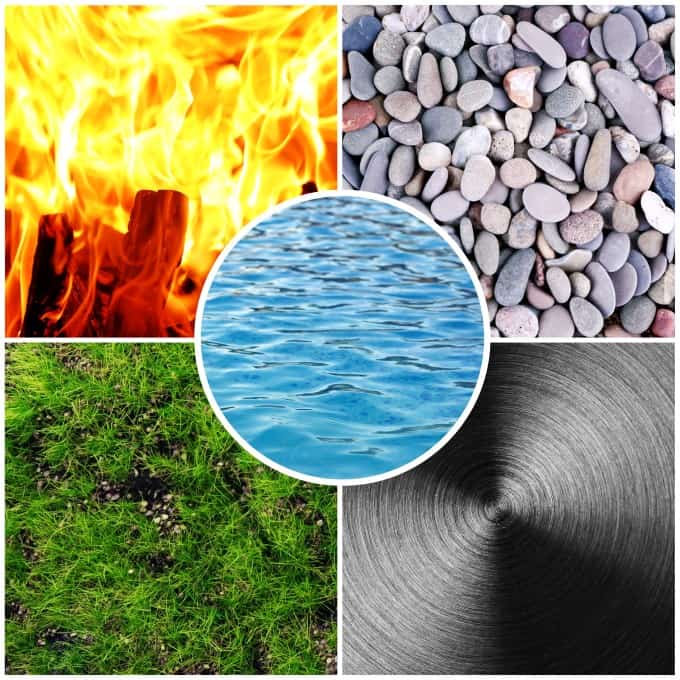
What is the Best Feng Shui Color for the Bedroom?
Like the office, where you place furniture in your bedroom can impact the energy flow. Your bed should be facing the door (in the power spot) but not in a direct line with the door. Avoid having your feet point directly out a door as this is considered to be very unlucky.
Use a solid headboard (which represents stability and support) and have it against a wall. Also, make sure there is room on the other 3 sides of the bed for energy to move around.
Some of the best Feng Shui colors for bedrooms are skin tones. These are colors that reflect all the various pigments that skin comes in and will create feelings of comfort and sensuality.
If you are trying to spice up your love life you will want to use fire colors (reds, pinks, purples, oranges). If you want your room to be a relaxing sanctuary, wood and water colors – blues and greens are the way to go.
However you don’t need to repaint in order to reap the benefits of Feng Shui – you can use accents in the form of furniture, artwork, or small items like throw pillows.
How Do I Find the Wealth Corner of My Home?
In these areas bring in flowers and plants to attract wealth into your home. Wood and water enhance prosperity. Bring in Chinese art that is made of wood or similarly a woody plant. You can put in this area artwork of an ocean too, for example.
Fountains are important in these areas because they stimulate prosperity and energy, and symbolize money. However, you could also consider using a mirror to reflect light from a nearby window or from a lamp.
Bring in colors like green and brown, blue or even purple. Purple is the color in Feng Shui that represents wealth.
Yin and Yang
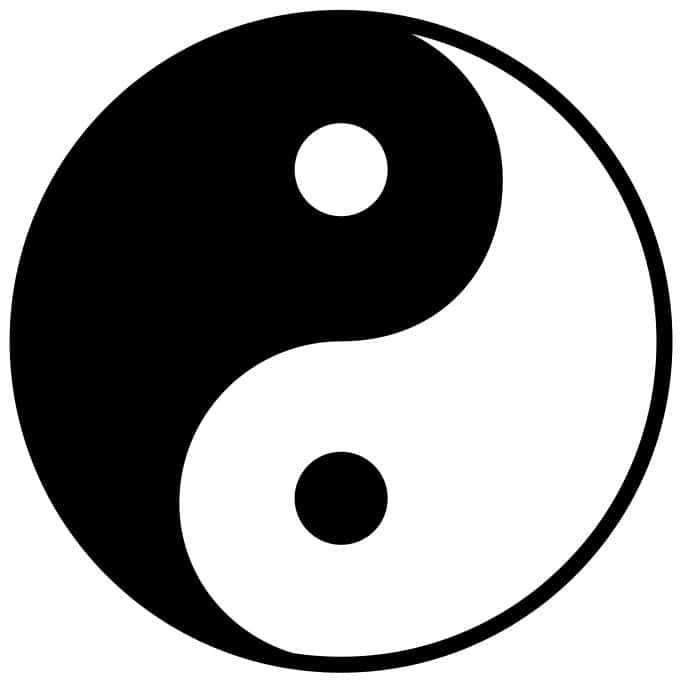
Also in Taoist beliefs is the ubiquitous yin-yang symbol and takes on a commanding position in life. The yin, the dark swirl, is associated with shadows, femininity, and the trough of a wave; therefore the yang, is the light swirl, representing brightness, passion, and growth.
“The Yin, or the dark side, is associated with everything hard, negative, cold, wet, and feminine. The Yang, or the light side, is associated with things soft, positive, warm, dry, and masculine. But contrary to the harsh juxtaposition of their appearances, Yin and Yang are not complete opposites”.
“Chinese food, also, is incomplete without an understanding of Yin and Yang. Yang foods are those which are spicy or sweet. Like the warmth that Yang imbues, Yang foods are often those in warm colors like red and orange. Yin foods are those which are salty or bitter. They are cool in color and are typically grown in water. Examples include tofu and soy sauce.
Everyone knows plain tofu is not the most appetizing dish. But pair it with some chili peppers, a la the Mapo style, and it’s a favorite in Chinese restaurants worldwide. Though on the whole, some dishes are more one than the other, elements of both Yin and Yang should be present within.”
(excerpt from Culture Trip).
In conclusion, do you use Feng Shui principles in your house? Will you try them the next time you redecorate?
Pin it HERE!

Pin it HERE!
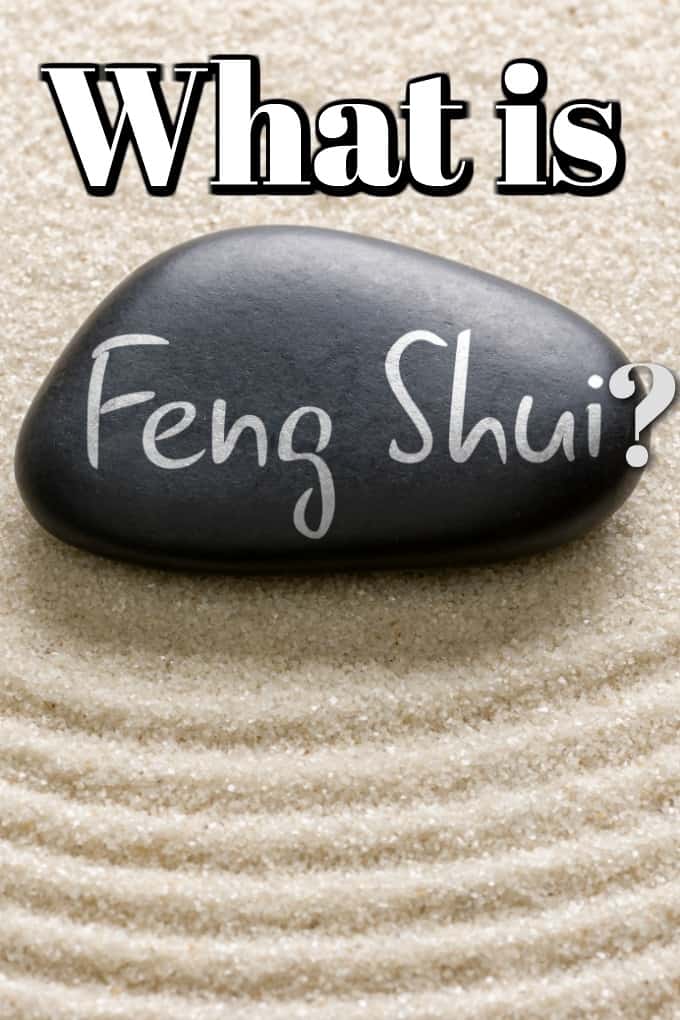


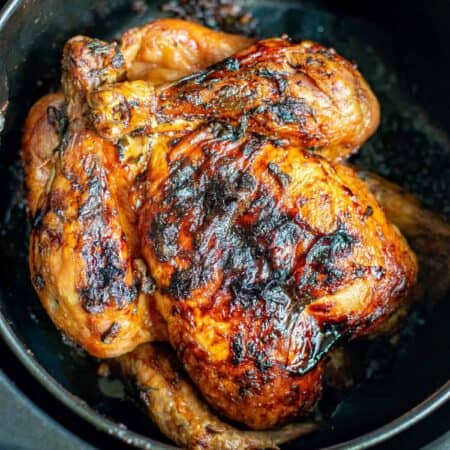
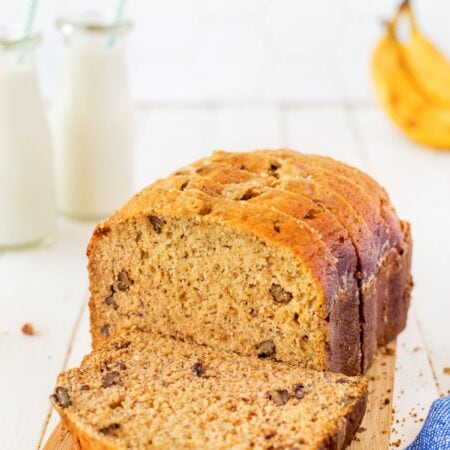
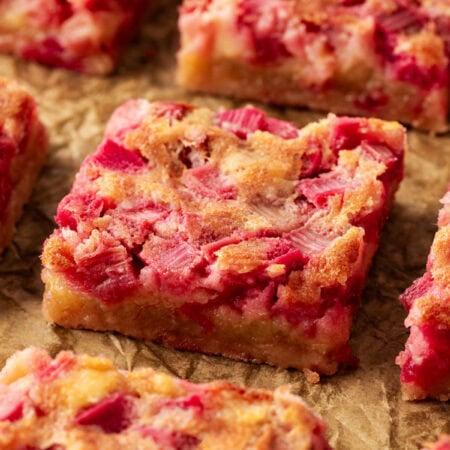

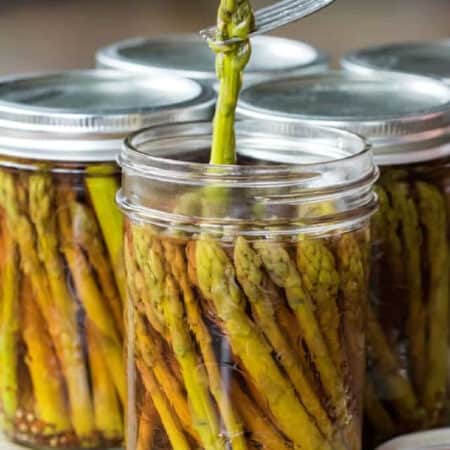
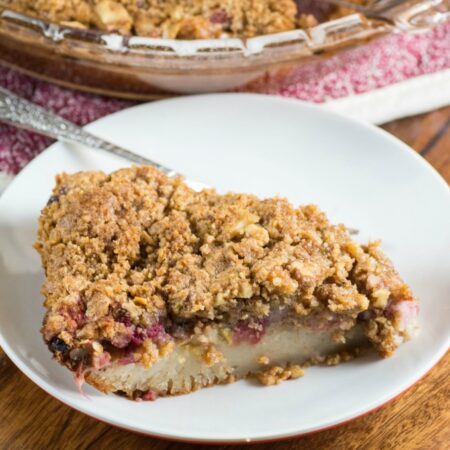
Comments & Reviews
Stephanie Stebbins says
I’ve heard of Feng Shui but never quite knew the full definition. This is very interesting and I got some great tips so thanks!
Zephyr Hill says
It’s interesting to learn about the religious ideas behind feng shui philosophy. I did not know it was taoist in orgin
Ruth I says
I’ve heard lots about feng shui and some people I know says it’s a real deal. I do not really believe in it but would still want to try.
Jennifer says
I’ve heard about it but never tried to do it in my own home. Might have to try though!
Toni says
This is really helpful! I’ve been interesting in feng shui but never had the opportunity to learn more about it. Thanks for sharing this.
Lisa Joy Thompson says
I’ve heard a lot about feng shui but never really looked into it. I’m about to redo my bedroom so may try incorporating some of these ideas! Thanks!
Gervin Khan says
We have Feng Shui in our doorway. My family believes that it’s a lucky charm.
Catalina says
I’ve heard about Feng Shui. I was glad to know so many interesting information from your post! Thank for sharing!
Fatima Torres says
You always want to have that balance in your home. it makes a difference in the energy
Heather says
I haven’t heard about feng shui in so long! I’ve always been intrigued by it, but I’ve never practiced it
Tara Pittman says
I am redoing my bedroom so this info is very useful. I will have to paint the walls blue
Brianne Tursi Manz says
I have heard of this, but was not knowledgeable as to what it pertains to. This is great info that I look forward to learning more about.
robin rue says
I’ve heard of it, but I didn’t really know what it was. Thanks for the info – I might try to incorporate some into my house.